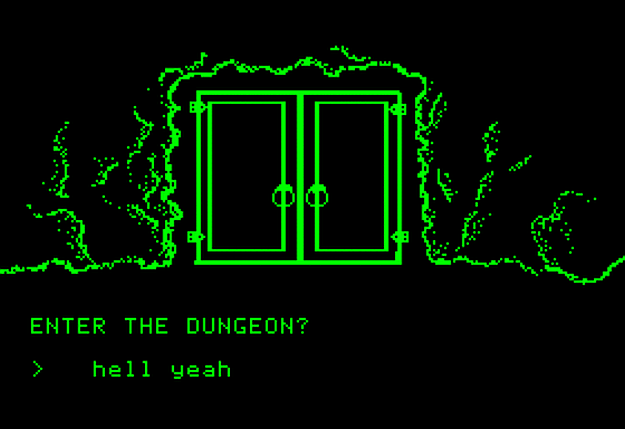Gus L
Adventurer
I read over "Historical Look ..." and there was too much of the writer's opinion, combined with a surprising amount of hearsay, for me to take it too serious. I prefer facts and quotes from the people involved. There ARE a few cliques within the OSR battling for position, which is just how things work, especially when money is involved.
Thanks for your input
I don't love OSRsimulacrum's take on the totality of the OSR, and I'm not convinced by Lich Van Winkel's either, though both seem to be smart fellows and I consider Van Winkel a friend... I think any take on the OSR tends to focus too much on the part the author themselves is most familiar with. For OSRsimulacrum this is the "Early OSR" or "Forum OSR". For VanWinkel, who is an academic historian by trade but has never been part of the OSR scene (he's been playing of course but from what I understand his approach is closer to "trad"), I think he underestimates the difference in play style that the OSR represented from late TSR design. Both of course are right about many things - forums and the creation of OSRIC and the unacknowledged legacy to 90's design in the OSR for example. For myself I think I may give too much credit to the blossoming of design and setting that the OSR blog and G+ era represented, which I think of as the Mid and Late OSR.
The problem of course is that there are many OSRs - it's been argued rather persuasively that "OSR" has always meant different things to different groups - which is why I increasingly focus on it's outward expressions - maxims like "Combat is a Failstate". I think they're a lot like the articles of the US Constitution, in that they exist with many possible meanings to different groups - even the different groups that originally drafted them. To me the problem of "the OSR" today seems to be that there is no dominant or coherent scene generating OSR content or ideas - instead there are its various offspring, many of whom make claims to the name.
The OSR is dead ... much like punk is dead, and it will keep dying and returning either as a zombie in the service of ideology and commerce .... or if we're lucky as a reincarnate scene in a different body, with different goals and a vague memory of its old essential self. It will never really be the OSR again though.



